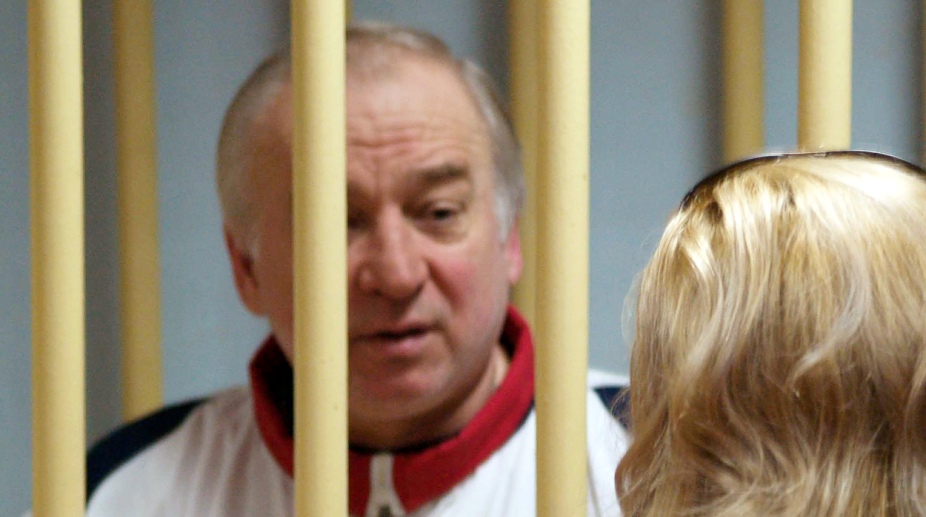Relations between Britain and Russia, soured since the “novichok poisoning” of Sergei and Yulia Skripal in Salisbury last March, have plummeted by an exceptional degree with Theresa May’s startling disclosure in the House of Commons, of a kind that verily puts the Kremlin on notice.
The two Russians, who were named and charged, have been identified as officers of Russia’s military intelligence. If the British Prime Minister was less than explicit in her allusion to the likes of Vladimir Putin, the security minister in her cabinet, Ben Wallace, was suitably forthright in accusing the Russian President for the outrage ~ a nerve agent attack.
Advertisement
In retrospect, it does appear that that outrage could scarcely have been perpetrated without the tacit approval from on high. Salisbury has reaffirmed the mounting recklessness of the Kremlin’s adventurist intervention as witnessed in Ukraine, Crimea and Syria.
This must be the fine print of Mrs May’s robust presentation. While disclosing the report crafted by the police and prosecutors, she has promised a stern response which will almost certainly exacerbate relations between London and Moscow further still.
The attack appeared to have been carried out by two men travelling on authentic Russian passports under the names of Alexander Petrov and Ruslan Boshirov. It is pretty obvious that the Prime Minister’s disclosure is embedded in the “painstaking and methodical work” police work that identified the suspects, saying 25 detectives examined 11,000 hours of CCTV footage and took 1,400 statements.
The investigation over the past six months has been as thorough as it could be, which arguably explains why there has as yet been no response to, let alone a rebuttal of, Mrs May’s spilling the beans. “We were right to say in March that the Russian state was responsible. And now we have identified the individuals involved, we can go even further,” she said.
Both assailants were officers from the Russian military intelligence service, also known as the GRU. It is a highly disciplined organisation with a well-established chain of command. “So this was not a rogue operation. It was almost certainly approved outside the GRU at a senior level of the Russian state,” was Mrs May’s indictment of the operations of the Russian secret service.
Is there a diplomatic underpinning to the nerve-gas attack? For Mrs May has been fairly emphatic in her conclusion that this was “part of a wider pattern of Russian behaviour that persistently seeks to undermine our security and that of our allies around the world”.
She has promised further action to combat GRU, and against Russia generally. Which serves to reinforce Mr Wallace’s assertion that Mr Putin is “ultimately responsible for spy poisoning”. The geopolitical plot thickens when this is contextualised with the latest cache of US sanctions against Russia.











